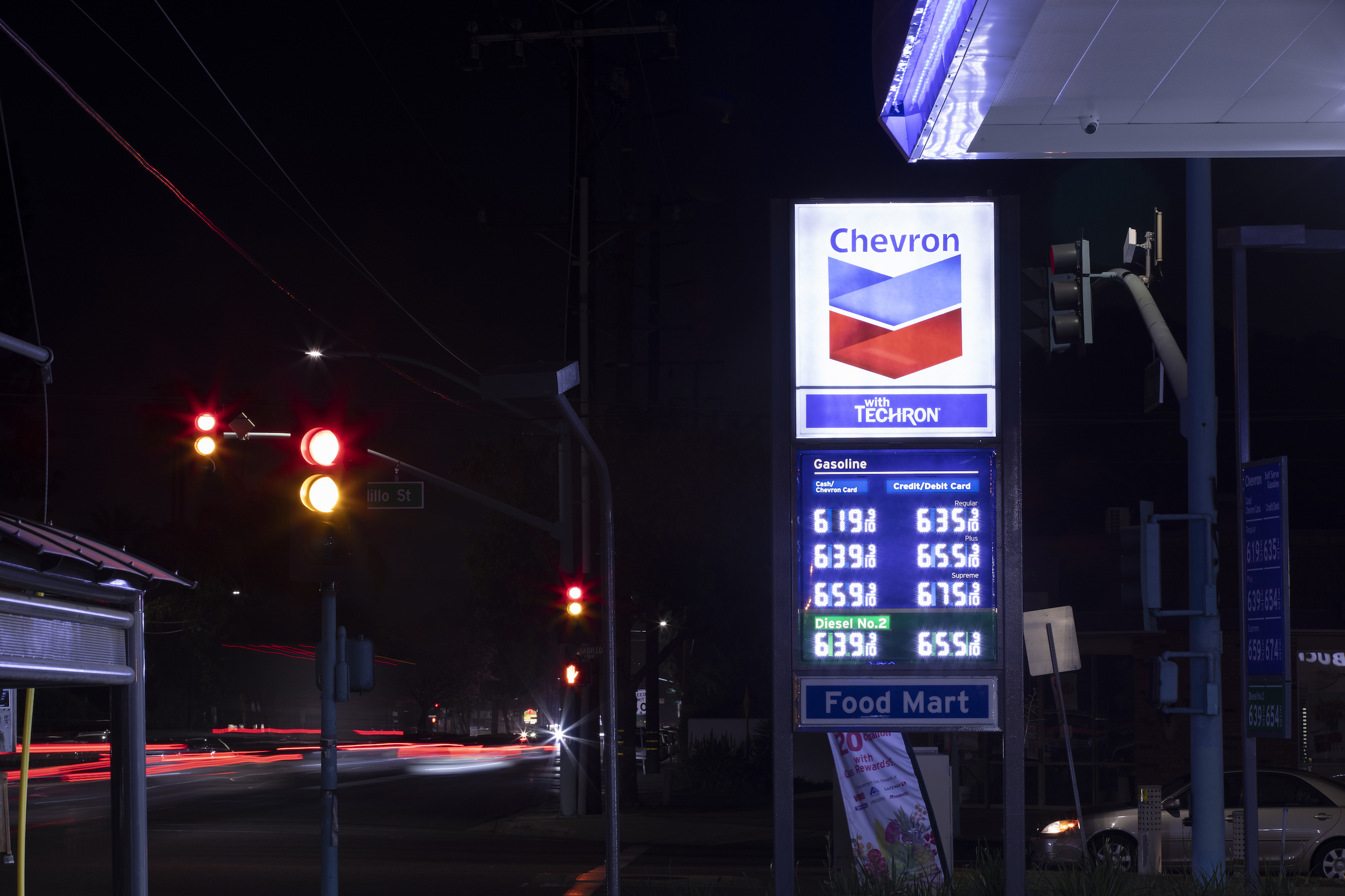
Inflation in metro Phoenix rises again; region stays No. 1 for highest rate in the country
The fuel-price spike was exacerbated by declines in private energy investments in recent years, including fuel-distribution networks in the West, explains Dennis Hoffman, director of ASU’s Office of the University Economist.
In this article published May 11, 2022, in the The Arizona Republic:
These reduced investments have resulted in a slowing of domestic output and distribution over the past five to six years as energy investors have become increasingly attracted to investments in renewables, not in fossil fuels.
– Dennis Hoffman, director of the L. William Seidman Research Institute and director of ASU’s Office of the University Economist
Latest news
- Ethical leadership: Good policy may prompt bad behavior
New research findings reveal how managerial approaches to integrity influence team morale and…
- W. P. Carey alum Paridhi Saboo found passion for analytics and real estate during undergraduate journey
Thanks to the many opportunities available to students at W. P.
- Trump suggested 50-year mortgages. This expert calls that 'renting from the bank'
A veteran housing analyst says stretching repayment over five decades offers minimal financial…